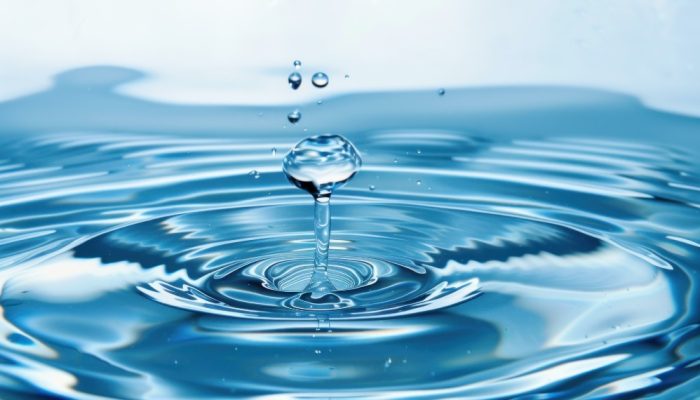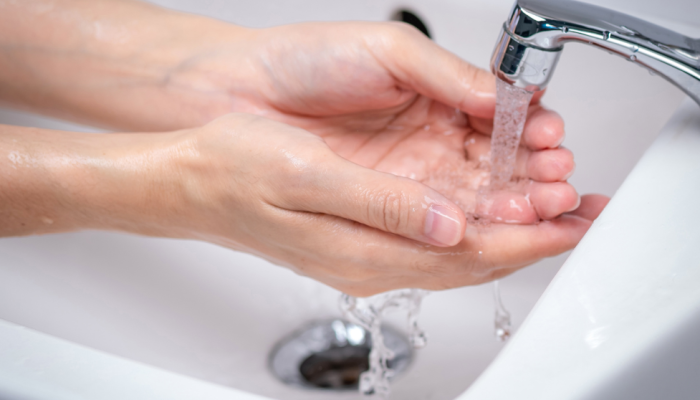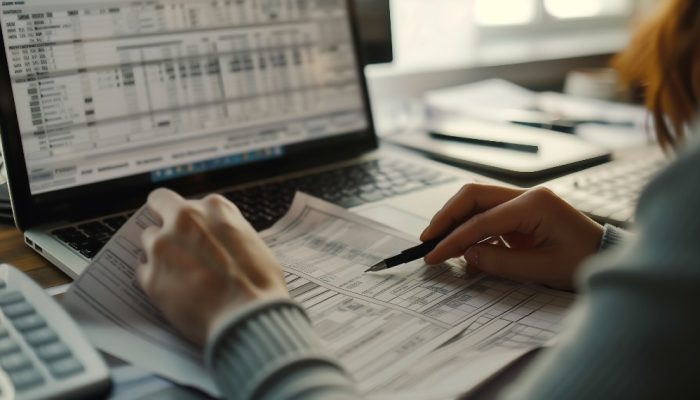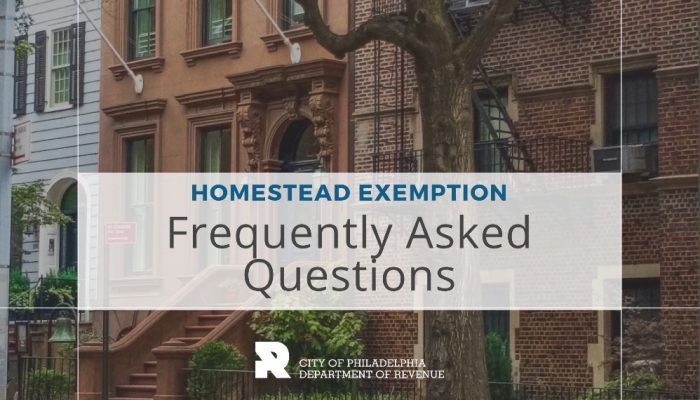Philadelphia water customers will see their bills go up this fall. This is because the Philadelphia Water, Sewer, and Storm Water Rate Board (Rate Board) approved a request from the of the Philadelphia Water Department (PWD) for a two-year rate increase.
The new rates for 2025 went into effect on September 1. The second half of the increase is scheduled for September 2026. PWD says the new rates will maintain stable utility operations and address rising costs for essential water services. Here’s what to keep in mind:
1. Why do water rates change?
PWD is a municipal, not-for-profit utility provider and operator. The Water Department doesn’t benefit from rate increases. Rather, these water rate increases are requested to pay for important services, like protecting local rivers from stormwater pollution and maintaining infrastructure.
For example, the City regularly replaces aging pipes that bring water to your home to ensure reliable service and safe and quality water. The same is true for the drains that carry sewage water from your home to the city’s water pollution control plants.
Rates changes are necessary as the cost of maintaining these pipes (and other services) increases.
2. Who sets the rates?
Philadelphia’s water rates are based on the cost of providing water, cleaning wastewater, and managing stormwater. While PWD provides you with water and the Water Revenue Bureau (WRB) bills you for it, they don’t set the rates. This is the role of the Rate Board. But even the Rate Board, which is appointed by the Mayor and approved by City Council, doesn’t approve rates on its own. It holds public hearings so residents can testify, ask questions, and give feedback.
Customers and residents can participate in rate proceedings by:
- Submitting comments,
- Attending a public hearing,
- Observing a technical hearing, or
- Sharing their concerns with a Public Advocate.
The Public Advocate represents residential and small business customers. Community Legal Services (CLS) served as the Public Advocate in the 2025 proceedings.
Residents are actively involved in the rate change process—it’s really a collaborative effort.

3. What does a rate change mean for you?
There are four charges on your bill: water, sewer, stormwater, and service. Every charge contributes to the safety of Philadelphia’s neighborhoods and waterways:
- The water charge goes toward treating your water before it gets to your home. This money also helps maintain water mains and pumping stations.
- The sewer charge pays for maintaining the City’s three water pollution control plants.
- The stormwater charge goes toward maintaining stormwater pipes and inlets. It also funds the Green City Clean Waters program, which uses green infrastructure to reduce stormwater pollution.
- The service charge covers the costs of metering, pollution prevention, and billing.
Whenever the rate changes, these four charges change too.
4. Is there help to keep my bill low?
Water bill help is always available to qualifying Philadelphians, regardless of rate changes. You can get help lowering your bill or completely erasing your water bill debt if you meet certain age and income requirements.
For example, seniors 65 and older with incomes under $41,100 can get a 25% discount. Income-qualifying residents can lower their bills with the Tiered Assistance Program (TAP). Higher-income households may qualify for water bill help if they have a special hardship, like job loss or a medical emergency.
Sign up now to keep your bill low. You can apply for all relief programs in one place, and it’s easiest to apply online.




